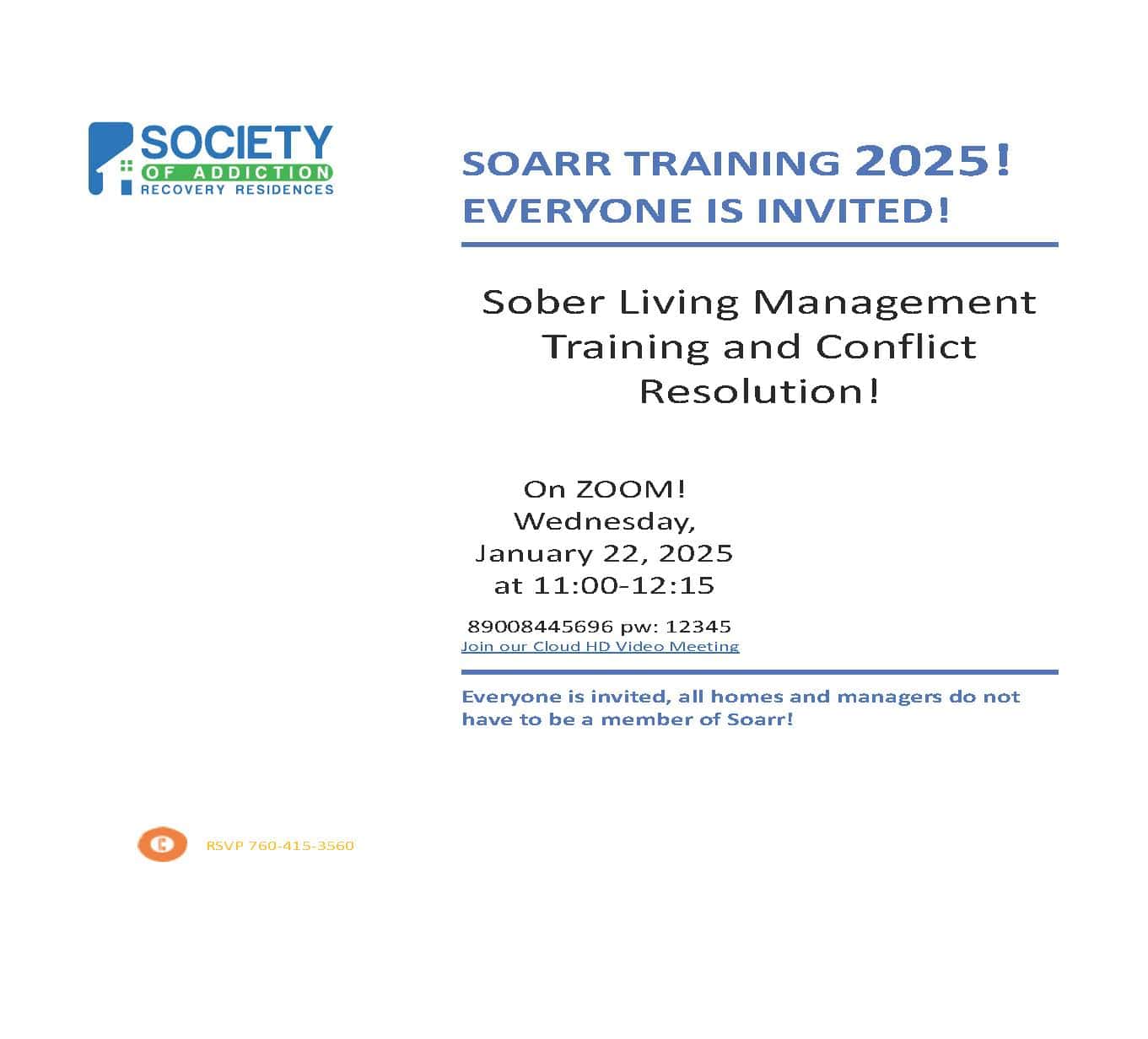Many people in recovery feel down and blue from time-to-time. Emotions are a part of life in recovery. Learning to cope with feelings can be difficult and sometimes disorienting. In the first year of recovery, recognizing emotions and learning to cope with them in a positive manner is important. But sometimes, it’s hard to know what you’re feeling. You may be angry but not realize it, or depressed but unable to vocalize it. Depression can be a state as well as an ongoing battle for people with mental health disorders. If you’ve been having trouble lately in your daily life, but aren’t sure what’s going on, you may be struggling with depression.
What is Depression?
Depression is a mood disorder, also known as a mental health disorder. People with depression experience a persistent feeling of sadness. They often don’t know what is wrong and may lose interest in things they once enjoyed.
Depression isn’t simply “feeling down”. Depressed people usually feel empty, sad, or hopeless. Clinical depression is usually chronic, meaning that it has lasted longer than two weeks. For some people, depression can last for years and even cause disability when it goes untreated.
While major life events such as the loss of a partner or other major life changes can cause depression, doctors often look at other feelings and behaviors aside from grief or emptiness. When a person has trouble functioning in daily life for a period of time, this can be a signal that depression is involved.
Many people in recovery also live with mental health disorders. Sometimes it takes staying clean and sober for a while to realize that there’s something other than withdrawal going on.
Quiet Symptoms of Depression
Some symptoms of depression can be quiet and seem unrelated. Depression can have physical symptoms as well as mental symptoms. Here are a few to look out for:
- Abusing alcohol or drugs.
- Sleeping a lot or feeling tired even when you’re healthy.
- Feeling disinterested in life or the world around you.
- Feeling pessimistic a lot of the time.
- Being unable to concentrate.
- Isolating or feeling like being alone.
- Losing interest in your appearance.
- Feeling like you have to force yourself to be happy for others.
- Feeling angry or irritable a lot of the time.
- Getting frustrated or giving up easily.
Getting Help
If you or somebody you love is struggling with depression, there’s help available. Don’t worry about appearing weak or vulnerable – your mental health is a vital part of recovery. Ask for help from your local mental health department or a treatment professional for help or screening for depression and other mental health problems.
Sober Living Options
Are you interested in sober housing? A structured, safe home environment can help you stay focused in early recovery so you can work toward your goals. Learn more about options by searching our directory.





